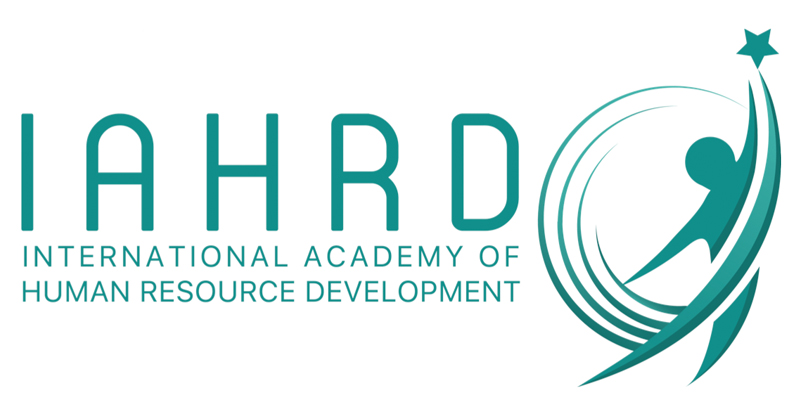
Become a Training Management Professional
Become a Training ManagementProfessional
Introduction:
This course is introduced to you by the International Academy of Human Resource Development (IAHRD).Our academy hires experts with a long expertise in the field with both practical and theoretical knowledge. The course is delivered to you with the best quality to match your needs. Becoming a certified training manager is extremely important. It means to figure out what are the gaps in the organization and be able to fill them perfectly with a high quality training in the right time and place. You have to be able to anticipate the upcoming training needs in your organization. You should also be able to assess, budget and monitor the conducted trainings. This course will cover all what it takes to become a certified training manager.
Objectives:
By the end of the certificate, you will be able to:
- Define a clear vision, mission and function priorities statement.
- Use department systems audit tools to benchmark performance and detect areas for improvement.
- Practically apply eight steps in the internal consulting process.
- Anticipate the changing training needs in your organization or figure out any updates should be made in training trends.
- Use the nine tools of assessment at the right time and area in the training.
- Practice How To Gain Management's Commitment To Performance Improvement.
- Use a nine-part plan to coordinate and easily work with line managers and employees.
- Design a performance improvement plan and its elements.
- Market your training function with different effective approaches.
- Evaluate your training performance using a 100-competency tool.
- Get effective results by designing an effective action plan.
- Accurately cost and monitor the training budget .
- Use Post Training Performance Analysis As A Tool To Identify What Hinders The Transfer Of Learning.
- Assess and analyze the training performance after the training has finished for a continuous improvement.
- Understand the role of the learners in changing the quality of the training.
Contents:
Module 1;
- Delivering up-to-date training trends.
- Identify Key Training And Development Roles.
- Vision, mission and training function priorities establishment.
- How to stay a connected and effective team.
- Conduct a training department systems audit.
- Manage and improve the training staff process.
Module 2:
- Benchmark your performance in the life cycle of a training department.
- Traditional training vs. modern consulting approaches.
- Importance of a connected series of internal consulting roles.
- Position yourself in the organization.
- Identify your targeted sector in other words identify your clients.
- Display the materials of the second session.
- Set different case studies: 'Performance Analysis' and 'Needs vs. Wants'.
- The eight-step consulting process.
- Trainers Vs. Consultant Vs. Change Agent.
Module 3:
- Overcoming assessment obstacles.
- Using nine training department audit tools by managers.
- Is training the answer?
- Make the unclear become crystal clear.
- Training needs Vs. Wants.
- The first three steps of the consulting process.
- Preview session three materials.
- Prepare the influencing inventory and score the results.
- Using training design tools to diagnose problems.
Module 4:
- The ten keys of a performance improvement plan.
- Reuse or create a new training material?
- Check a performance improvement plan example.
- Identify and compare criteria for reviewing training proposals and delivery methods.
Module 5:
- Check your Influencing level.
- Be responsive rather than reactive.
- Follow-Up to apply the assessment tools by creating a task analysis.
- Follow-Up to apply the assessment tools byselecting one of the three designs.
- Preview session.
- Prepare marketing questions which is essential to your survival.
- Effective marketing strategies.
Module 6:
- What is transfer of learning?
- Barriers in the learning transfer process.
- Whose job is it to apply what's been taught?
- Post training performance analysis.
- "Level Three" evaluation for measuring learning transfer.
Module 7:
- Training cost.
- Frame working the training cost.
- Cost-Benefit analysis (ROI.)
- Performance indicators to assess the training benefit and value.
Who Should Attend:
- Training Managers.
- Performance consultants.
- Personnel with the potential to become a training manager.
- Graduates and undergraduates planning to become a training manager.
